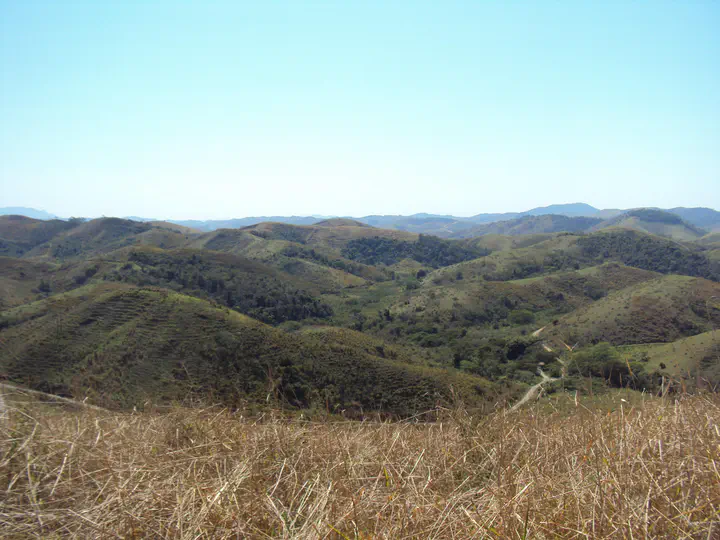Mapping soil organic carbon and organic matter fractions by Geographically Weighted Regression
 Image credit: Elias
Image credit: Elias
Resumo
The soil organic matter (SOM) content and dynamic are related to vegetation cover, climate, relief, and geology; these factors have strong variation in space in the southeastern of Brazil. The objective of the study was to compare and evaluate performance of classical multiple linear regressions (MLR) and geographically weighted regression (GWR) models to predict soil organic carbon (SOC) and chemical fractions of organic matter in the Brazilian southeastern mountainous region. The regression models were fitted based on SOC and chemical fractions of SOM. The points (n = 89) were selected by pedologist’s experience along transects and toposequences. The covariates were also selected using the empirical knowledge of pedologists when choosing variables that drive soil.
Supplementary notes can be added here, including code, math, and images.